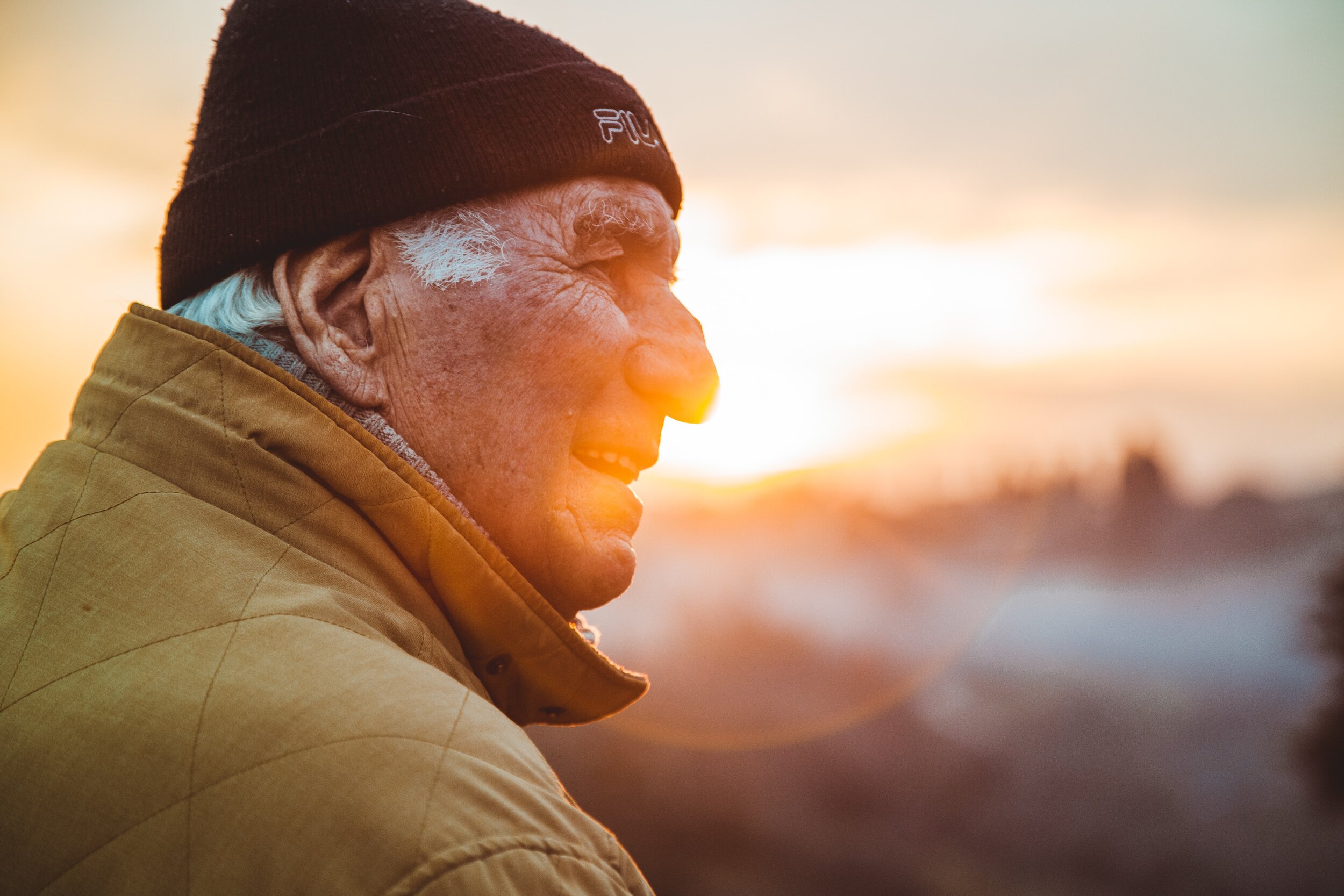Keeping Elderly Relatives Safe During the Winter
Cold weather impacts seniors at higher rates than young people. The 65+ age group has the highest per capita risk of hospitalization due to cold-related conditions or illnesses. We have 8 tips to help you check in on your family members and keep them safe throughout the winter season.
1. Keep their sidewalks and driveways clear.
Slips and falls increase during winter months. Seniors who are unsteady on their feet may be at an increased risk of falling outside on ice or wet pavement. Salting the sidewalk or driveway (and shoveling, if there’s snowfall) greatly reduces that risk.
2. Monitor their physical activity.
Seniors have to be especially careful when they shovel snow or do work outside during the winter. They’re not only at risk of falls and injury, but also heart attacks. The cold makes your heart work harder to pump blood through your body, which can be particularly dangerous for seniors who already have heart conditions.
3. Check the thermostat.
Seniors have a decreased sensitivity to hot and cold, which means they might not even notice they’re chilly. The National Institute on Aging recommends a heating temperature of at least 68 degrees Fahrenheit. Checking the thermostat, especially for seniors who may forget turning it off, is an important way to keep them safe through the night. If your loved ones continue to change the temperature in their home, see if their thermostat can be scheduled to kick in automatically or resume its normal schedule after a change.
4. Keep them bundled up.
As we get older, we are less able to regulate our body temperature. This can create an extreme risk, especially when coupled with medications that can impact the body’s self-regulation. If they’re headed outside, make sure they have a coat and hat.
5. Keep them hydrated.
Dehydration is a major concern for elderly people, regardless of the time of year. During the winter, dehydration risk increases as the air gets drier. Make sure your loved ones are drinking enough water and other healthy fluids, even if it means swapping out the alcohols or sodas in their fridge for flavored waters or sports drinks.
6. Make sure they’re eating healthy foods.
Nutrition is an important part of staying healthy; seniors who aren’t eating well are at a greater risk of getting sick and staying sick for longer, especially during flu season. Make sure your loved ones’ fridges are stocked with plenty of fruits, vegetables, protein, and dairy products rich in vitamin D.
7. Get their flu shot.
Seniors are at an increased risk of complications from the flu. These complications include pneumonia, tissue inflammation, and sepsis. The flu can also worsen the symptoms of existing chronic conditions. The CDC recommends those 65+ get a flu shot (not a nasal spray). There are a few types of flu shots designed specifically for seniors, so you can always talk to their doctor about the best option for them.
8. Check on their mood.
Winter is a risky season for seniors’ physical health, but it can also be a lonesome one. If they’re cooped up at home, or can’t participate in their usual activities, their mental health can take a hit. If they like to garden or swim in the warmer months, buying them an indoor plant or getting them a membership to an indoor pool could allow them to continue their normal routine. Checking in more frequently, taking them out for a bite to eat, or building a puzzle or playing a card game are also great ways to engage with them and break them out of a winter rut.

